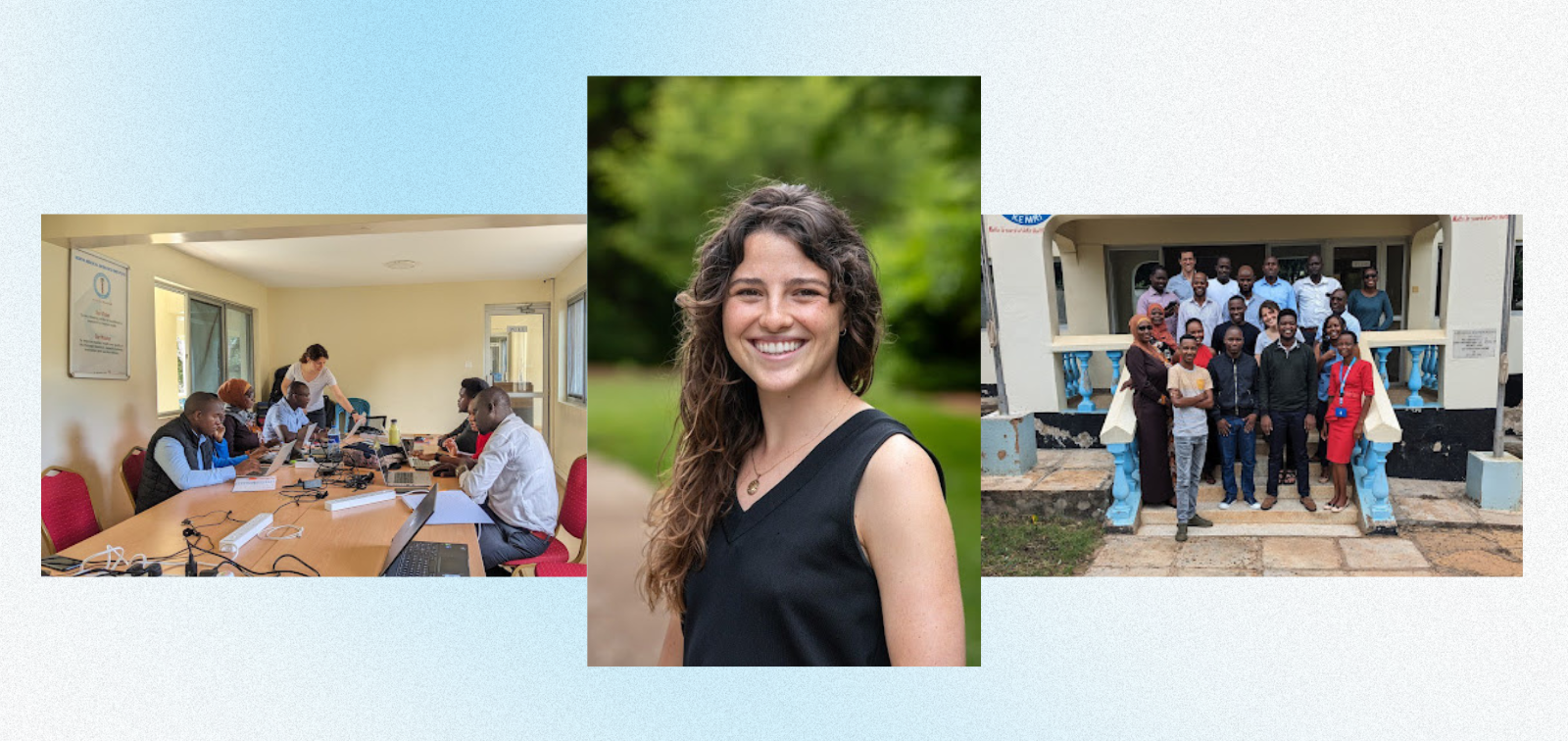
To start, could you tell us a little about yourself and your background?
I grew up in Weeki Wachee, Florida (known as home of the mermaids) which I think is a great fun fact. I grew up playing soccer and moved all around the US as a kid for my parents’ work. I went to Sewanee: The University of the South for college and studied biochemistry and economics and then moved to England to get my MSc in Food Security and Development. I’m passionate about all things health and well-being, which is why I was eager to join the BOHEMIA team.
What drew you to the field of data science?
Honestly, I stumbled into the field of data science merely by accident. Originally, I wanted to be a doctor and took all the necessary steps: I studied biochemistry, I volunteered at indigent clinics, and worked for a diabetes prevention program (dpp).
However, as I continued to check all the boxes for medical school I found that while I loved the structure of biochemistry and the opportunity that the health clinic and dpp offered to help, work with, and learn from the community, something didn’t quite click.
So while I was looking for jobs and internships that made a difference but weren’t directly related to the medical field, I stumbled upon data science. The way I found data science was through an internship that was advertised as a consulting position that did not mention anything about data science. After 2 months at the internship, I had learned how to solve problems with data and realised that data science combined my love of problem solving and helping communities. The data science field hasn’t been able to get rid of me since.
Can you explain what your role entails in the BOHEMIA project? Why is this work important?
People working on the BOHEMIA project at all levels need to know what’s happening in the project but what stands in the way of them and knowing what is happening is dozens of datasets and thousands of data points. So when someone needs to know how many women became pregnant in visit two or need to write a report on water and sanitation in Mopeia, I go into the data and find the answers to their questions.
It is extremely important to answer questions related to field work in real-time in order to identify issues immediately and adapt our workflow accordingly to ensure the project runs smoothly and efficiently. Even after data collection is finished, the project needs to translate the raw numbers into a story.
By going into the data and giving the numbers and answers to the appropriate people, I help tell the story of the BOHEMIA project. So depending on what I find each day, I work with the BOHEMIA team to give them the information they need to make informed decisions for the field work stage and to write papers which will ultimately inform policy and support the research community.
By going into the data and giving the numbers and answers to the appropriate people, I help tell the story of the BOHEMIA project.
What are some of the biggest challenges of working on a malaria trial of this scale? How do you overcome them?
For me personally the biggest challenge stems from the vast amount of people that we collect data from. As a team we have to keep track of 30,000 participants and ensure that all the information we have about them is correct. This requires us to be extremely organised, to constantly review the participants’ information, run checks, and most importantly communicate with everyone.
My colleague Paula and I will go back and forth a million times about one participant to ensure that all protocols are followed and that everything is meticulously recorded. So what I found helped me a lot was to enable others on the project to have a way to answer their own questions and explore the data themselves with online automatically updating reports.
Did you have an opportunity to work alongside people from other disciplines in the BOHEMIA project? How were these experiences?
One of the many wonderful things about my job is that I get to work alongside many different people. Some of the many different people I have encountered have worked as field workers, as part of the data management team, entomologists, project managers, and in the lab, and something all of them shared was their willingness to speak about their work and share their insights. They truly want the best for the project but also for everyone who is a part of it. I also interact with many of the PhD students associated with the project who are all so passionate and definitely inspire me to stay motivated and passionate about my own work.
What are your top 3 lessons learnt from working on the BOHEMIA project?
Lesson 1: stay organised. Working with so many sub-projects, datasets, and people, I need an organisational system that works and that enables me to pick up on something that I may not have touched in 6 months, hence I have learned of an organisational system that works for me.
Lesson 2: never assume that you or others know about everything that’s happening. It is easy to do an analysis or make an edit and then forget why you did it. However, it is so important to write as if you are explaining your work to someone who has never seen it before because with a project this big you can’t assume someone knows everything even yourself.
Lesson 3: keep it as simple as possible. Things can easily get over complicated in a project as big as this so save yourself the trouble and keep it simple.
Do you have any advice for young data scientists hoping to pursue a career in global health?
The advice I would have for young data scientists, including myself, would be to continue learning. Data science isn’t just data or just social science; it is a beautiful mixture of both. Find yourself a data scientist and/or a social scientist that you admire and hang out with them for a bit. Take what you learn from them and run with it. Take jobs that seem a bit out of your comfort zone and hold onto the passion that got you into this field in the first place. Lastly, tackle your challenges with a positive can-do attitude; you’re going to need it when you are reviewing datasets for a clinical trial and have to find 1 person out of 30,000.






